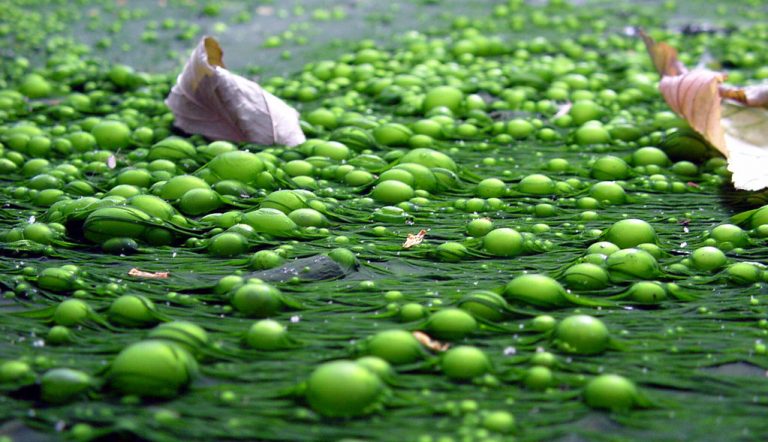Eutrophication refers to algal blooms or excessive growth of phytoplankton (microcosmic plant-like organisms). Eutrophication occurs when there is an excessive amount of mineral and nutrient content in a water body. These nutrients can come from various sources, both natural and artificial. Natural sources are weathering of rocks that contain phosphorus, animal excrement, and other types…
Category: Ecology and Environment
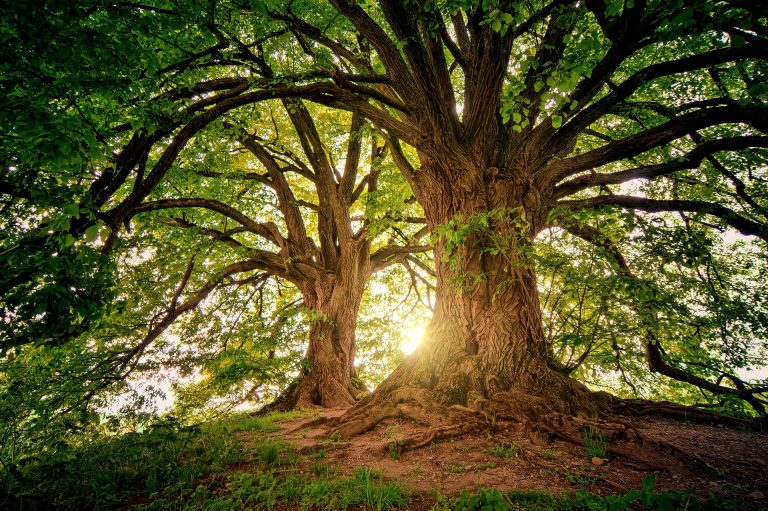
The Benefits of Planting Trees
Trees are the oldest living things on earth. Planting trees is also an easy and sustainable way of positively affecting the environment. Here is an overview of the main reasons why we should plant trees. Trees purify the air and help in absorbing air pollutants like nitrogen oxides, ammonia, carbon dioxide, and re-oxygenate the atmosphere…
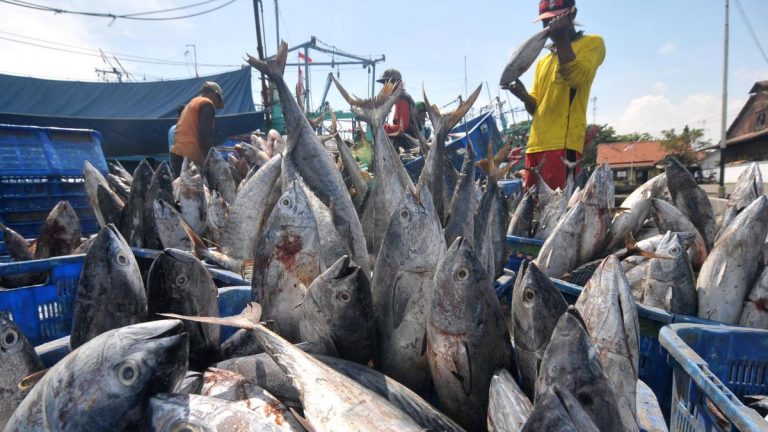
6 Consequences of Over-Fishing
Every day countless quantities of fish are hauled out of the sea. With oceans covering over 70% of the Earth’s surface, marine life is vital to sustaining life elsewhere on the planet. However, over-fishing is causing harmful effects to humans and the ocean as well. Here are 5 drastic consequences of over-fishing. 1. Extinction Marine…
Energy Saving – How does it work?
Renovating your home is about reducing energy waste. Energy conservation work aims to reduce our energy costs and also protect our environment. According to the IEA (International Energy Agency), real estate has the potential to reduce its CO2 emissions by 24% by 2050, just with renewable energies, knowing that old housing is the biggest consumer…
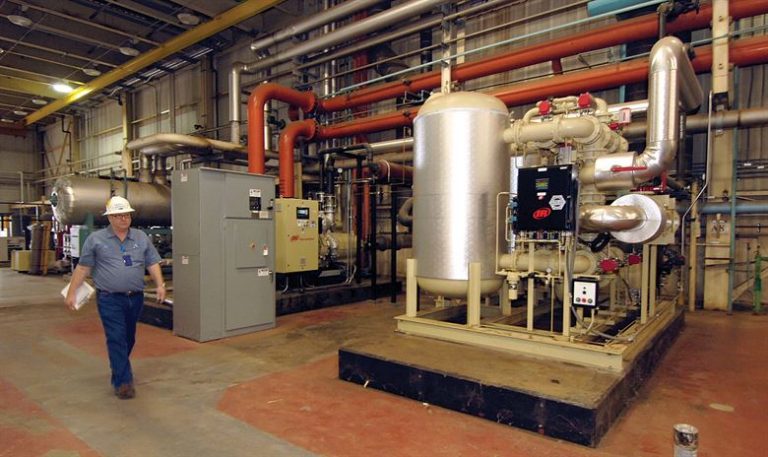
Air Conditioning and Ecology: An Overview of the Different Air Conditioning Gases
Air conditioning is on the rise, but it is often being questioned for its impact on our health and the environment. Is it dangerous and should we be wary of it? An air conditioner can release refrigerants that are responsible for the increase in greenhouse gases. Indeed, these fluids have a strong warming power evaluated…
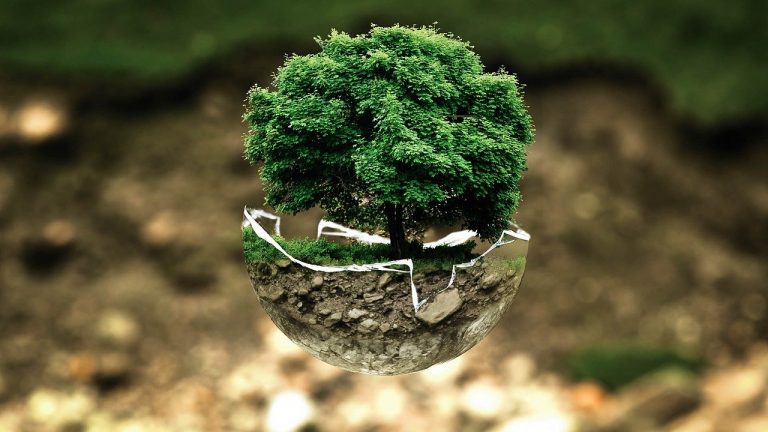
5 Simple Ways Manufacturing Businesses Can Contribute to Protecting the Environment
The effort of reducing negative environmental impact by adopting eco-friendly solutions is called “going green”. “Going green” has been a popular discussion topic for the last decade and is crucial for manufacturing companies to be successful. It involves taking measures such as reducing utility costs, starting recycling and reusing procedural programs and buying products and…
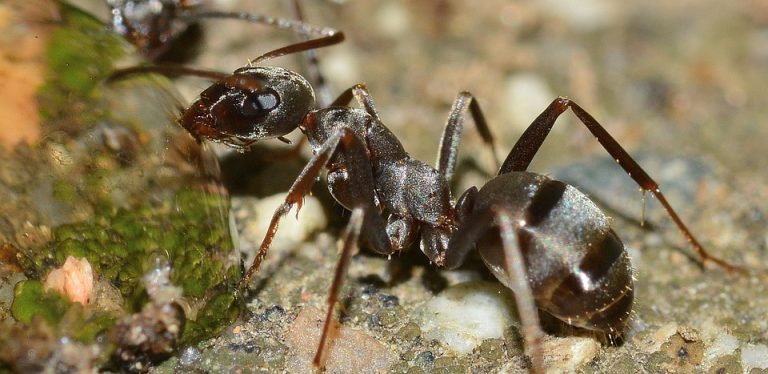
Why Are Ants Important for Our Ecosystem?
It’s hardly a surprise that ants are among the most abundant insects on earth. There is approximately one quadrillion of them, with more than 10,000 species, and they outnumber humans by a factor of almost 1.5 million to 1! As much as we despise them, ants have an essential role in our ecosystem. Here are…
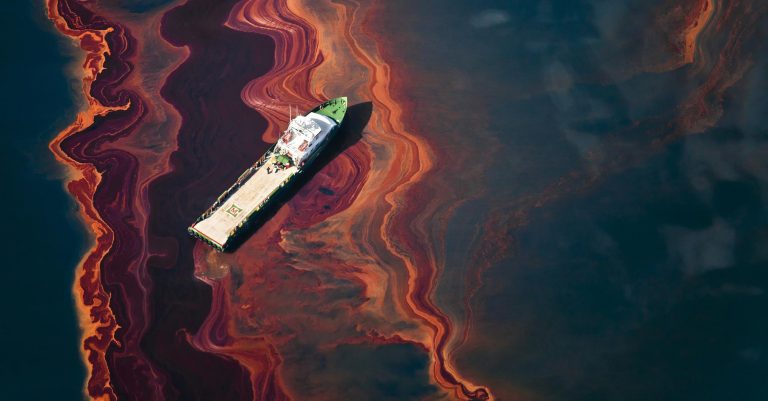
The Effects of Oil Spillage
As per Wikipedia, oil spills is the release of liquid petroleum hydrocarbon into the environment, especially the marine ecosystem, due to human activity. It is considered as a form of pollution and marine oil spills is often termed to describe this problem. Oil spills have a number of effects on the environment and economy, we…
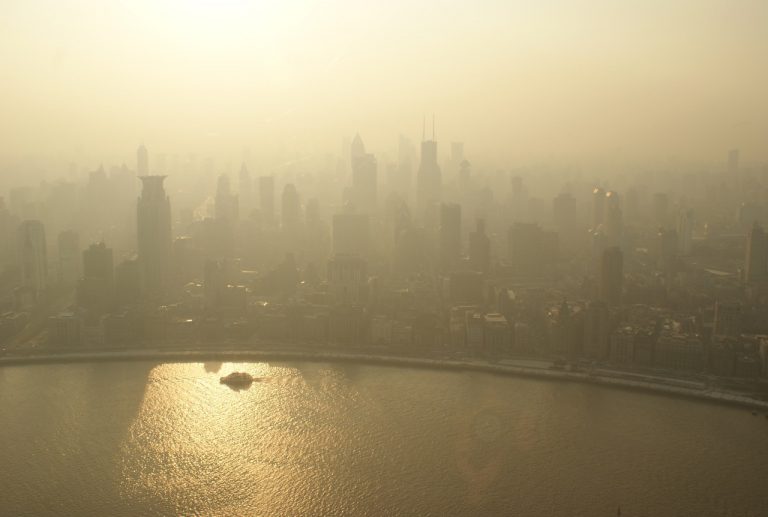
Effects of Smog on the Environment
One thing that is affecting almost everyone in the world is smog. According to Wikipedia, smog is an intense air pollution that was coined in the 20th century. It is a combination of the words smoke and fog, because of its opacity and odor. This kind of visible air pollution is composed of nitrogen oxides,…
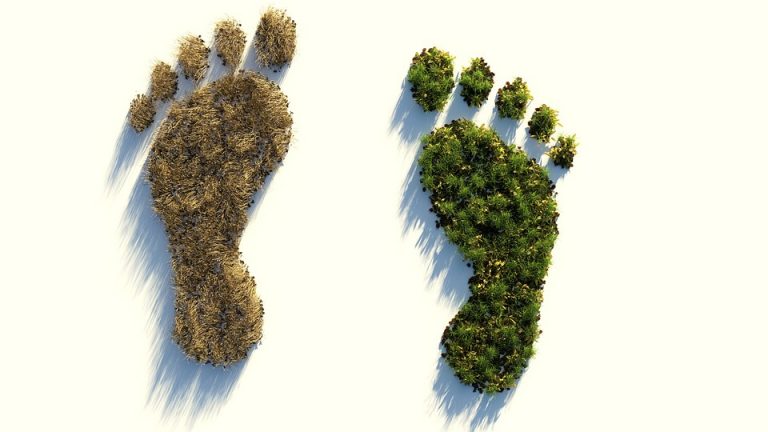
5 Simple Ways To Reduce Your Carbon Footprint.
Climate change is a tremendous global threat facing humanity. The global temperature increase, the rising sea levels, the retreat of glaciers can all have devastating consequences, endangering human beings, and the earth’s flora and fauna. However, we can make a difference by decreasing our greenhouse gas emissions. Here are five simple ways to reduce your…

